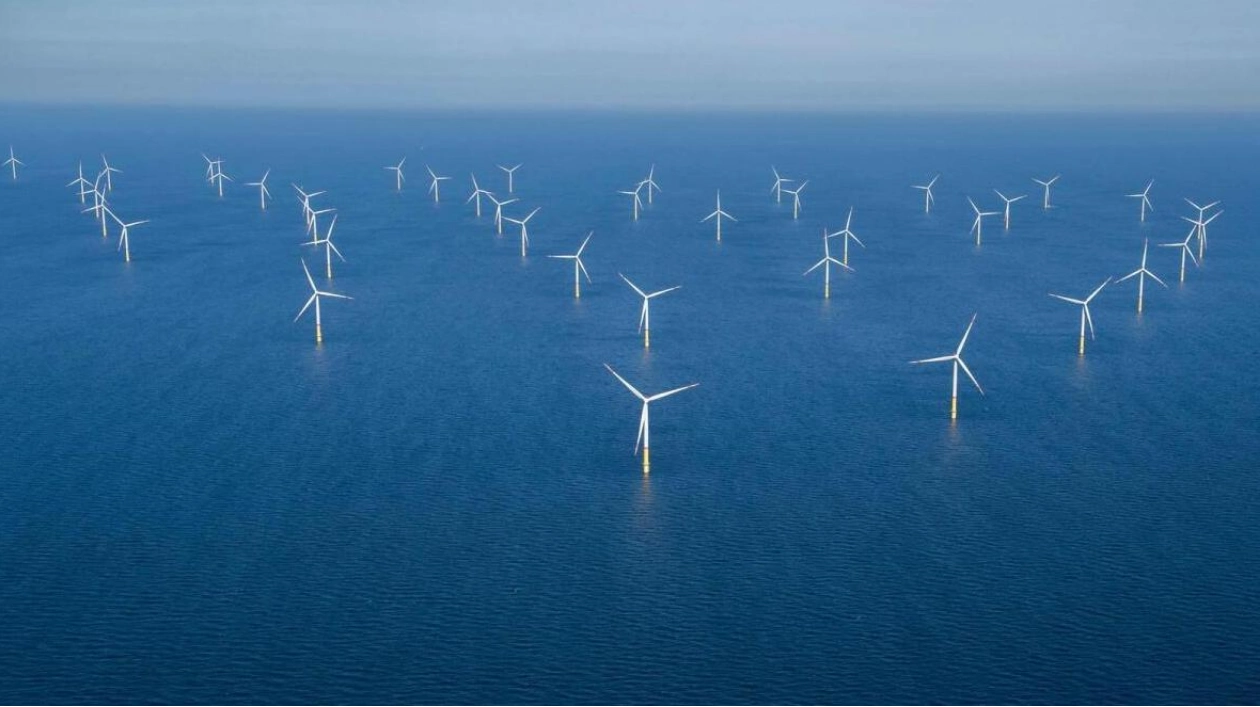A wind turbine farm in the Baltic Sea, located north-east of Rugen Island in Germany, serves as an illustrative image. This AFP File Photo is used for illustrative purposes only.
Sweden has denied applications for the construction of 13 offshore wind farms in the Baltic Sea, citing defense concerns, while approving one project on its west coast, according to a government announcement on Monday. Defense Minister Pal Jonson addressed a press conference, stating that the construction of wind farms in the Baltic Sea would pose significant defense risks, particularly by complicating the detection and interception of missiles using Sweden's Patriot batteries during a conflict. Jonson highlighted that Baltic wind farms could reduce Sweden's reaction time to a missile attack to just one minute. Given that Sweden's capital is approximately 500 km from the Russian exclave of Kaliningrad, Jonson emphasized the heightened security concerns.
"In the current, highly serious international security climate, with Sweden's strategic location and the proximity of Kaliningrad, the Swedish armed forces assess that these risks are unacceptable, and the government shares this perspective," Jonson informed reporters. This decision prompts questions about how Sweden can achieve its goal of doubling annual electricity production to around 300 terawatt-hours (TWh) over the next two decades. As industry and the transport sector transition away from fossil fuels, demand for electricity is expected to surge. Additionally, plans for "green" production of steel, batteries, and fertilizers in the Arctic north hinge on abundant, affordable, and clean electricity.
The government's strategy involves expanding nuclear power, aiming for an additional 2,500 megawatts by 2035 and 10 new reactors by a decade later. However, critics argue that demand is likely to increase faster than new reactors can be constructed. Despite these concerns, the government approved the Poseidon wind farm off the west coast, which is expected to generate around 5.5 TWh of electricity annually upon completion. In September, state-owned utility Vattenfall announced the suspension of its planned Kriegers Flak project off the west coast after the government withdrew subsidies for coupling offshore wind to the electricity grid.
Poseidon marks the third offshore wind project to receive approval since the government took power in 2022, with ten more applications still pending. In 2023, wind power, predominantly land-based, accounted for 21% of Sweden's electricity generation. Hydro power and nuclear power contributed approximately 40% and 29%, respectively.
Source link: https://www.khaleejtimes.com






